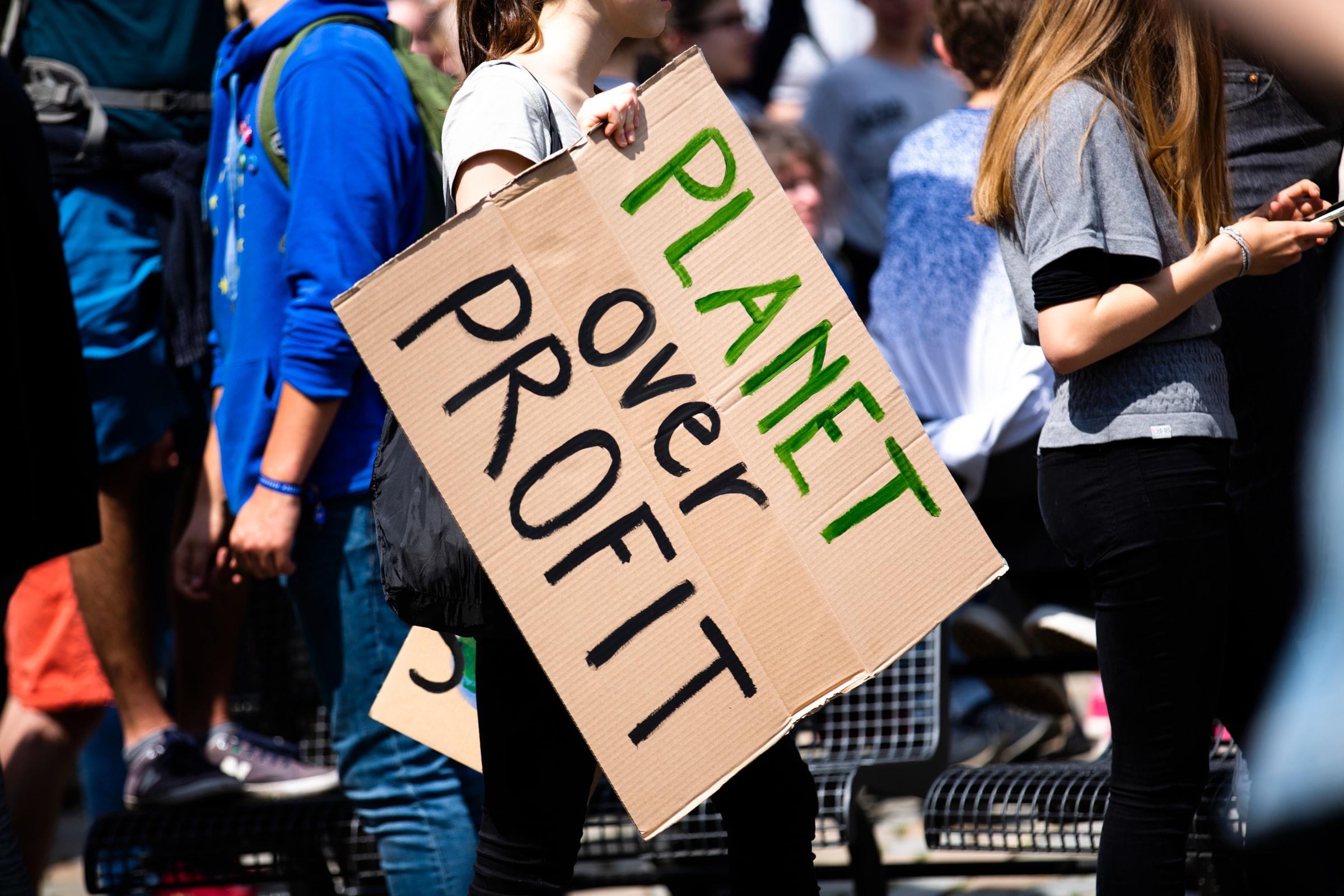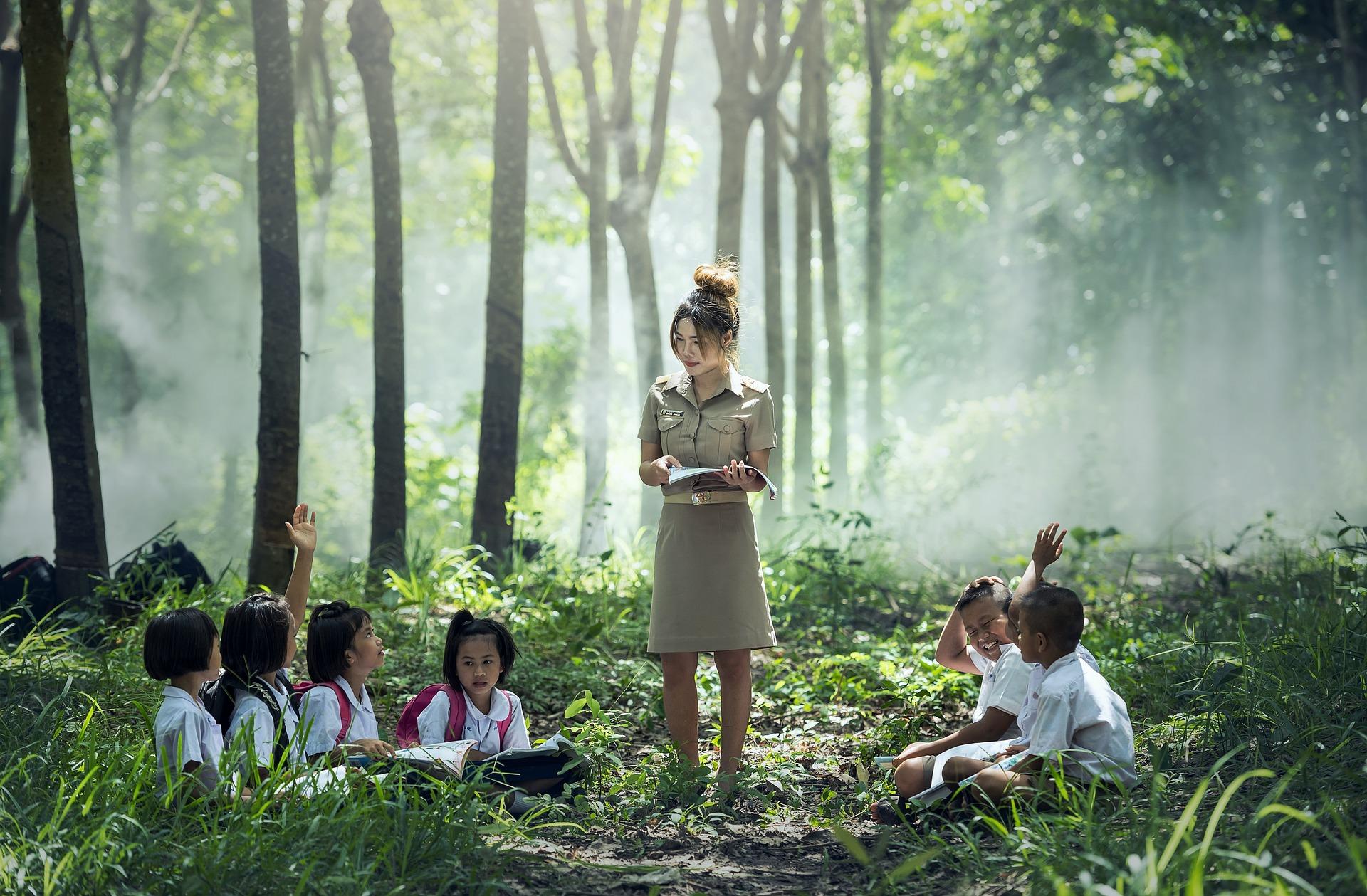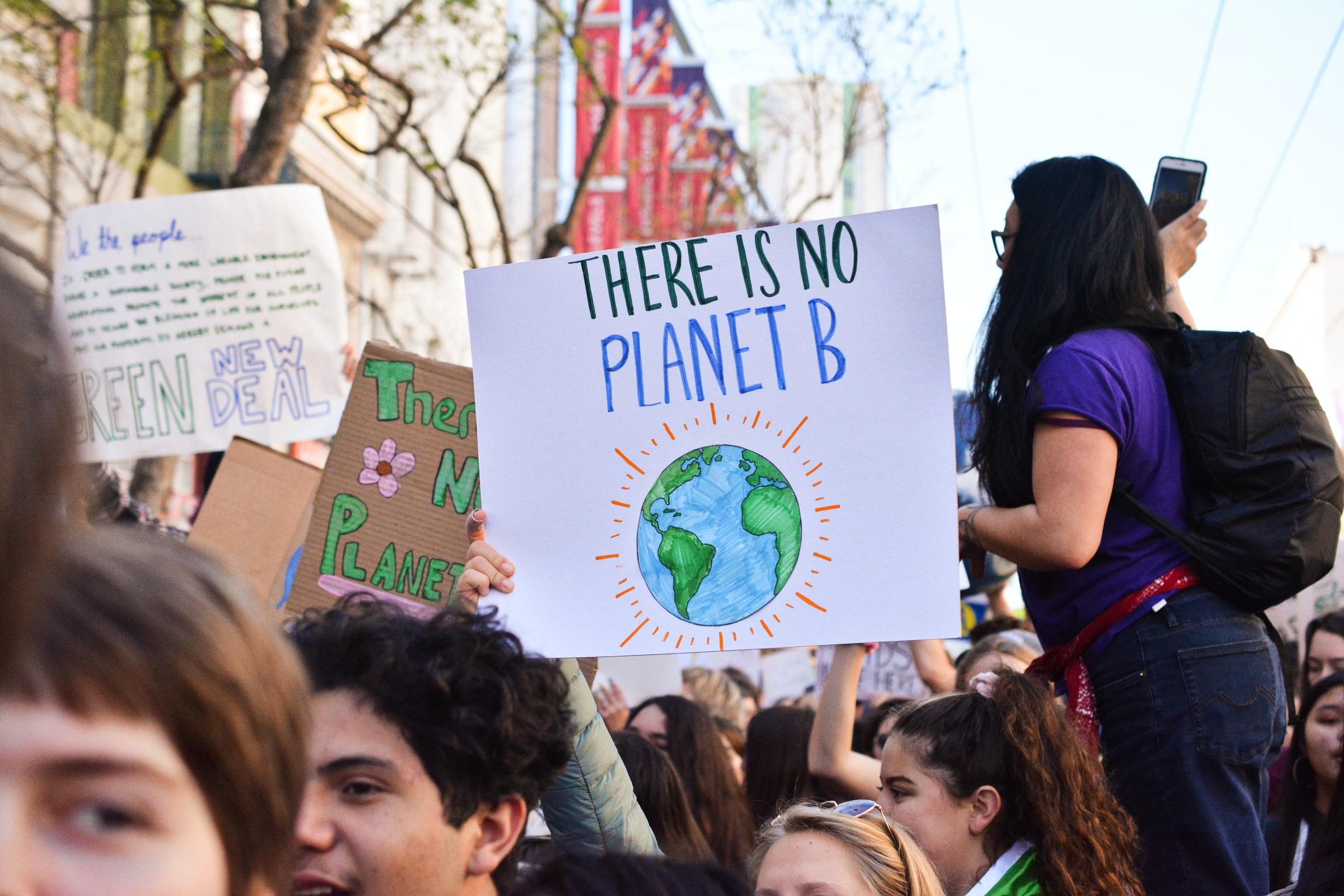In the fast-paced modern world and its seemingly inescapable stream of media and information, it's far more likely than not that you've come across terms such as ecology, environmentalism, climate change, pollution, etc. We see and hear of these terms so much in the news and online that they have all but lost their weight and sense of urgency to most of us; it's something that we've pushed to the back of our minds as we go about our lives, facing more urgent and personal issues instead.
That said, it's straightforward to forget that the problems associated with these vacuous terms are still just as pressing as ever, mainly when they concern not just us and our fleeting time on earth but every future generation.
Even if the increasing frequency of natural disasters such as tornadoes and wildfires is not enough to spur you to action, it's the least we can do to make sure that the next generation of young adults is equipped with the correct knowledge and environmental consciousness to protect their only home.
In this article, we'll be discussing why it's more important than ever to instil in our youth a true sense of environmental realism while also exploring some of the many benefits of such an education, with the hopes of demystifying the subject and proving that spending those valuable classroom hours learning about the urgency of stemming or even reversing the flow of climate change, is not a waste of time.

Want to give private lessons?
Join the Superprof community and share your knowledge with interested and motivated students.
How to integrate ecology and environmentalism into the classroom:
Speaking of problems is one thing, but coming up with solutions is the real goal of any serious activism. That being the case, how exactly do we go about arming the up-and-coming workers and citizens with the ideas and skills necessary to dispel the threat of a dying planet and a crumbling ecosphere?
Opinions on the best way of doing this might differ between activists and educators alike. Still, generally speaking, the best way of making knowledge stick with a learner is to provide it with real context and demonstrate its effect, ideally first-hand, but at least anecdotally.
In simpler terms, whether or not we dedicate an entire classroom period to learning about the environment, we should be integrating the message of environmentalism into every other subject.
This is easier with some subjects than others. Still, with mathematics, for instance, problem-solving skills could very quickly be associated with environmentalism, calculating temperature increases, understanding that temperature is rising on average instead of universally, and learning scale conversions with quantities of pollutants.
These are just some basic examples meant to demonstrate how teaching can stay on topic and teach the original fundamental skills, all while promoting and centralising the issue of environmentalism in a way that doesn't disrupt a student's educational journey.
This, of course, has the knock-on effect of getting educators thinking in an environmentally conscious way… Considering this affects all of us, it's a great reminder that we are all a part of the effort to protect our planet.
Despite the fundamental role that teachers play in shaping the future generation, the extreme working hours and responsibility is not always reflected in teacher pay scales.
Surviving or Thriving: A Comparison
Suppose we inspire the following generations to be environmentally conscious enough to preserve the ecosystem and the planet… Suppose we don't? To contextualise the gravity of such a mission, it's helpful to compare and contrast the possible outcomes and decide which world we prefer to live in.
Many people enjoy the summer, but an equal amount of people can't stand the sweltering heat and the need to layer on sunscreen to avoid peeling off your skin later (not to mention the potential cancer risks).
Imagine that the worst aspects of the summer became part of the everyday.
We might not even have to imagine such a scenario if we fail to meet the goals set out by the Paris Climate Accord, an agreement made by many countries from the international community designed to keep the greenhouse effect in check.
But overly hot summers in Northern Europe are just an inconvenience compared to the hell that more equatorial countries would face. If you've been following the news, you'll know they've already been going through such disasters as rampant wildfires, water shortages and flooding from the rising sea levels.
This isn't just set to be another problem these nations will somehow deal with just by putting their heads together. To begin with, it's not even necessarily the fault of the affected countries that they have to suffer the consequences of environmental neglect by the wider international community.
But I mean to say that certain regions might become near or completely uninhabitable if their summers get much hotter than they are already.
So many knock-on effects and chain reactions are involved with this outcome, some of which are already affecting us today. Overpopulation and overcrowding, for example, is something that many modern citizens have first-hand experience with.
People commonly seek refuge in safer nations when displaced from their home countries by tragedy and war. Imagine if an entire equatorial band had to migrate further north to avoid deadly temperatures and similar hostile climates.
While overpopulation is something that we might be able to overcome as a species with better infrastructure and maybe even space travel in the future, without a doubt, the last thing we need is less territory on our home planet that we can comfortably live in.

Want to give private lessons?
Join the Superprof community and share your knowledge with interested and motivated students.
The optimistic view
On the flip side of our comparison and, therefore, on a more optimistic note, if we can educate the new generations about the environment and how to preserve it, we might see the preservation and possibly the expansion of our habitable zones.
A natural boon of the study of environmental science is the development of methods and technology that might give us the ability as a species to control and adapt environments to make them more suitable for humans.
We might also be able to find new and sustainable ways to integrate animal habitats and nature boundaries into our towns and cities.
It might seem not very easy to imagine now, but it's possible to picture a future where we use revolutions in energy and transport to create beautiful and seamless environments where we can thrive alongside nature instead of displacing it to make space for our industrial and residential needs.
If you're sceptical about this and can't picture such a future, perhaps try looking at some of the portfolio work by artist and architect Vincent Callebaut. He has been commissioned to design ecological and biomimetic structures by interested parties, which include government agencies and environmentally conscious companies.
While a lot of his work is purely imaginative, a surprising amount of it has patents, copyright work and scheduled construction, meaning that it paints a genuine picture of the possibilities that might unfold if we invest our interest as a society into promoting a symbiotic relationship with nature, rather than a destructive and exploitative one.
Vincent is just one example of a visionary who is actively engaged in the effort to preserve our environment, but by inspiring the next generations to think about their work in the same environmentally conscious way that he does, who knows what kind of innovations are out there in obscurity, waiting to be stumbled upon by a curious young mind.
Don't defer responsibility
So far, in this article, we've explored the need to educate future generations to be environmentally conscious to secure a safe and comfortable future for humanity. This also means that teachers and educators will require continuous professional development that adapts to changes in society. But what we've yet to discuss is that the real fight to protect our planet belongs in the here and now.
The importance of ecology in education cannot be understated, and it's true. Still, before the new generations can take the reins in their hands and guide society in the right direction, those who are active in society today have a responsibility to lead by example.
Whether you're a "boomer", part of Gen X, a millennial, or part of Gen Z, the choices we make now will still have a significant collective impact on the fate of our environment. As the current generations, we will also set the standard for environmental consciousness that future generations will have to meet.
It might seem like, as individuals, we don't hold much power or have a lot of say compared to the large corporations responsible for most of the world's waste and pollution. Still, it's important to remember that as consumers, our money and endorsements give the big companies the power they hold in the first place.
By spending our money altruistically and choosing to live as environmentally friendly as possible, we can make a much more significant impact than we might believe possible at first.

Afterword
If you've read this far, we here at the Superprof blog would like to thank you for checking out our site. If you enjoyed reading this blog about environmental education in the classroom, check out our other education-related articles.
If you want to read about a completely different subject, we've got you covered, too; with a broad range of different academic topics, we're sure you'll find something that interests you. Until then, all the best from us, and we hope to see you again soon.
Want to give private lessons?
Join the Superprof community and share your knowledge with interested and motivated students.
Summarise with AI:





